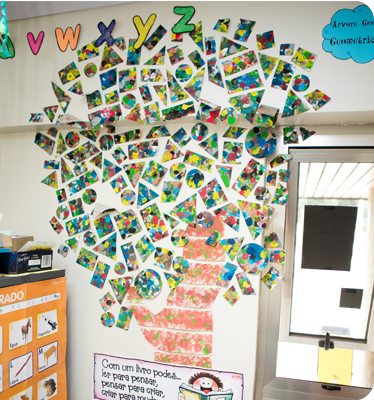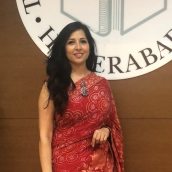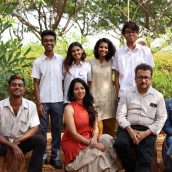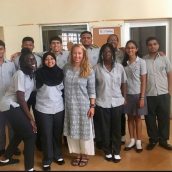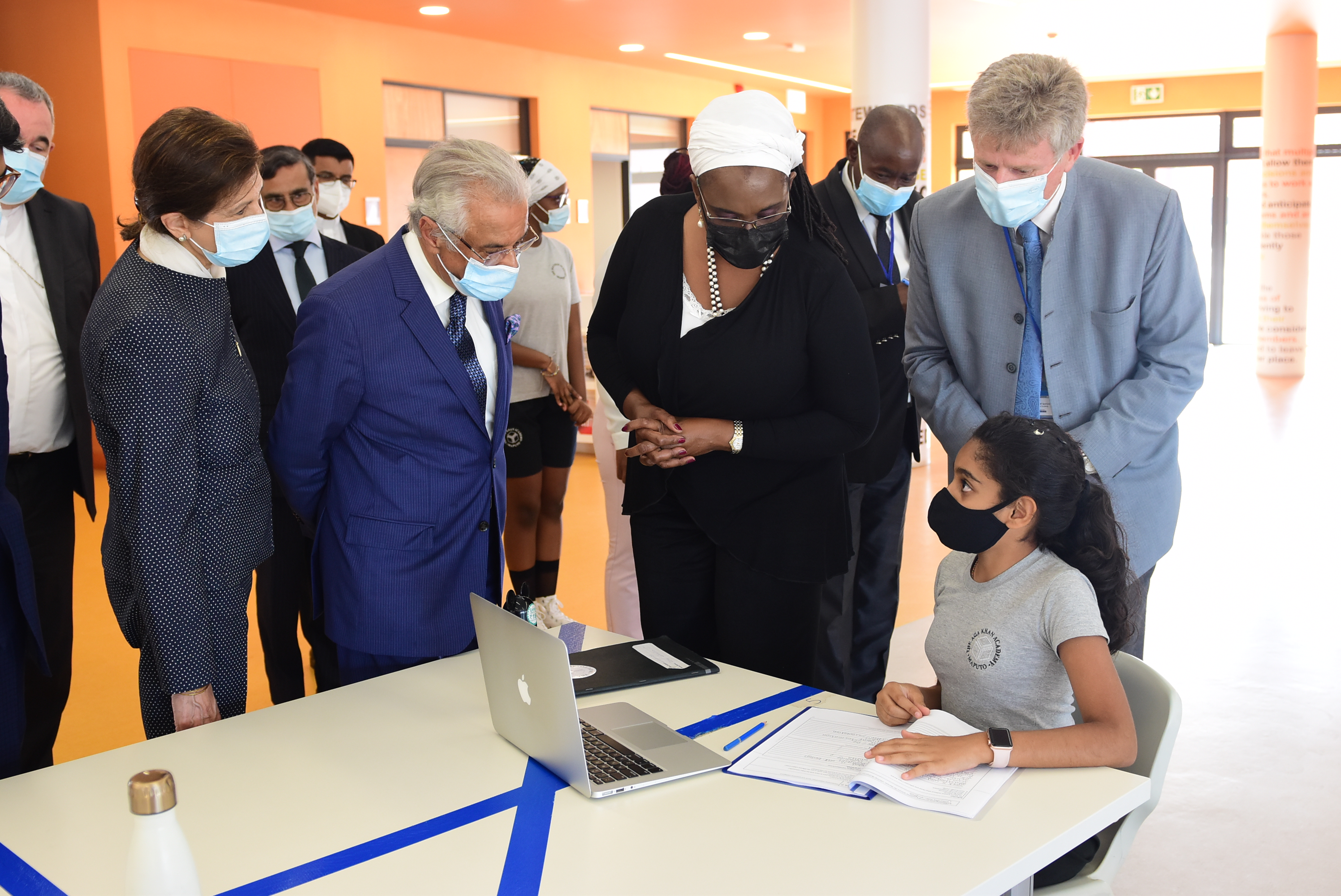News
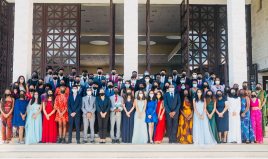

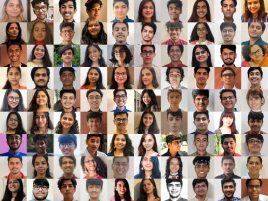



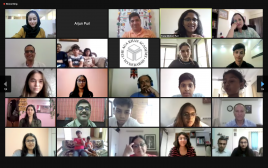
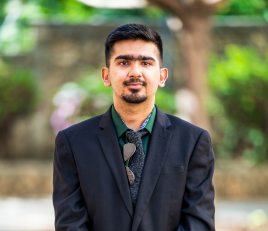

Pages
International Model United Nations, New York City - 12-19 August 2017
A delegation of 8 Academy students and an accompanying teacher are headed to the annual IMUN at the UN headquarters. All the best!

Aga Khan Curricular Strands
The Aga Khan Curricular Strands (AK Strands) are a unique part of the programme offered by the Aga Khan Academies. The AK Strands are areas of learning aimed specifically at developing knowledge, skills and attitudes required by future leaders.
Our goal at the Academies is to develop young people who have strong local roots and are also globally minded. They should be able to become leaders in whichever fields they choose.
To help achieve this goal, we have identified five areas of learning, the Aga Khan Curricular Strands, that we believe are important for our students. These are:
- Ethics
- Pluralism
- Cultures (with an emphasis on Muslim civilisations)
- Governance and Civil Society
- Economics for Development.
Implementing the AK Strands
The Aga Khan Curricular Strands are not taught as independent subjects. Instead, we weave them into the existing subject areas of the academic curriculum. They help inform the selection of content and themes for study. The AK Strands also provide direction for school life outside the classroom in areas such as policy making, recruitment, student life and residential life.
Two of the AK Strands, Ethics and Pluralism, help students develop values and dispositions required by ethical leaders. Our students learn about these areas in theory and are also encouraged to practice what they learn in their everyday lives.
Through the other three AK Strands, our students learn about ideas that are important to the functioning of societies. In particular, they learn about how these ideas impact people’s lives in countries of the developing world. The knowledge they gain helps them understand key issues from both local and international perspectives.
The AK Strands in practice
The Aga Khan Curricular Strands were developed at the first Aga Khan Academy in Mombasa and are designed to be used in different cultural contexts. Teachers from the Aga Khan Academy Maputo help tailor the AK Strands for the local environment in Mozambique.
Through the Aga Khan Curricular Strands, our students develop attitudes and values that will help them throughout their lives. They also gain knowledge and understanding that will allow them to contribute positively to their societies in the future.
For more information on the educational programme offered at the Aga Khan Academy Maputo, please visit the Academic Programme page.
Faridah Lakhani - epitomising self-learning and personal growth
Written by Kamini Menon
Shad Bherani: Making the connection between classroom and career
In his final year of the Diploma Programme at the Aga Khan Academy Mombasa, Shad Bherani is ambitious, curious, and driven to become an engineer – or, as he describes himself, “simply one of 7.6 billion people who is passionate to pursue his career.”
Sticking to his motto that “opportunity only comes once,” Shad opted to use his summer vacation last year to bridge the gap between his classwork in the sciences and his calling in mechanical engineering. “I just thought not to sit back at home – to do something for me, for my career,” he says. And so, at home in Karachi, he inquired at the Aga Khan University (AKU) if they might consider taking him, a keen and talented International Baccalaureate (IB) student, as a summer intern through the Academies internship programme.They fortunately agreed – and the placement, Shad’s first professional role, turned out to be a thrilling and fulfilling hands-on learning experience. He spent several weeks working closely with engineers and technicians in the AKU Hospital’s Mechanical, Electrical and Plumbing department. With their supervision and support, Shad learned how to operate the Building Management System, which runs the air conditioning across campus, including filtering air and controlling the temperature of every air conditioning unit. He also came to understand the ins and outs of the campus’s primary, secondary, and tertiary or emergency power sources, which are essential for critical wards in the hospital.
By helping to repair various machines and air conditioning units, assisting with reports and handling secondary power unit operations, Shad applied the theories he had learned in his math, physics and chemistry classes at the Academy to the complex machinery and inner workings of the hospital and university campus.
For Shad, that was the most memorable outcome of his internship: the reward of having his classwork and textbooks come to life in real-world applications. His strongest subject at school is physics, and he gained a new appreciation for the course, as it is arguably “the most important component in mechanical engineering.” Now, he enjoys discussing the class topics and their real-world relevance in more depth with his teacher.
It was also a joy for Shad to find that he could handle the chemical formulas used in filtering atmospheric air, and could understand the mechanics of supply and exhaust fans, chillers and boilers. Shad found that he could confidently approach new, unfamiliar tasks and challenges by combining his previously acquired knowledge with the skills he was developing in practice at the internship.
In addition to applying and developing his technical knowledge and skills, Shad also gained insight into the workforce: “I saw how the ‘official’ world works – the life of a student is different from that of a person who is working!” he reflects. He points out that in the working world, everything is on time, and one of the major transferable skills he has gained from the Academy is the ability to manage his time and meet deadlines while balancing a heavy workload.
And balance, for Shad, is key: “I also got the opportunity to see the other side of engineers working in control rooms – by getting involved in jokes during lunchtime”, he recalls, which he welcomed as a way to relieve the stress of the 10-hour work days. Shad also maintains balance in his school life: despite his continuous deadlines for assignments and university applications, Shad values spending time in activities and service. “The Aga Khan Academy is known for its holistic development…in our enrichment, we do service for other people; we go on adventures, we serve our community.”In this spirit of collaboration and service, Shad aspires to use his education and career as an engineer to give back and to serve his country and its people, by assisting in Pakistan’s development through technology.
Shad’s inspiring internship renewed his motivation to keep working towards those goals. “Before, I didn’t actually know what will happen in my career,” he says. “But now, I know how I’ll be working, after my undergrad, if I pursue that career.” As he looks ahead and plans for that academic and professional journey, he is keeping his options open: “I’ve already applied to universities worldwide.”
The internship at AKU exceeded all Shad’s expectations and instilled a stronger sense of self-confidence. He especially appreciated being encouraged to undertake tasks normally handled by engineers, and to be an integral part of the team. “My supervisor was impressed with me,” he says proudly. “He told me that he can see an engineer in me.”
By Natasha Pirani
Construction video/ Vídeo da Construção
Click here to see a video showing an aerial view of the construction of the Aga Khan Academy Maputo's campus.
Clique aqui para ver o vídeo com uma visão aérea da construção do campus da Academia Aga Khan, Maputo.
Important Dates
The new Academic Year 2017-18 at the Aga Khan Academy Maputo will commence from 17 August 2017.
O novo ano lectivo 2017-18 em Academia Aga Khan Maputo começará a partir de 17 de Agosto de 2017.
Start of 2023-2024 academic year
The 2023-2024 academic year at the Aga Khan Academy Maputo will start on 9 August 2023.
***
O ano académico de 2023-2024 na Academia Aga Khan Maputo terá início no dia 9 de Agosto de 2023.
